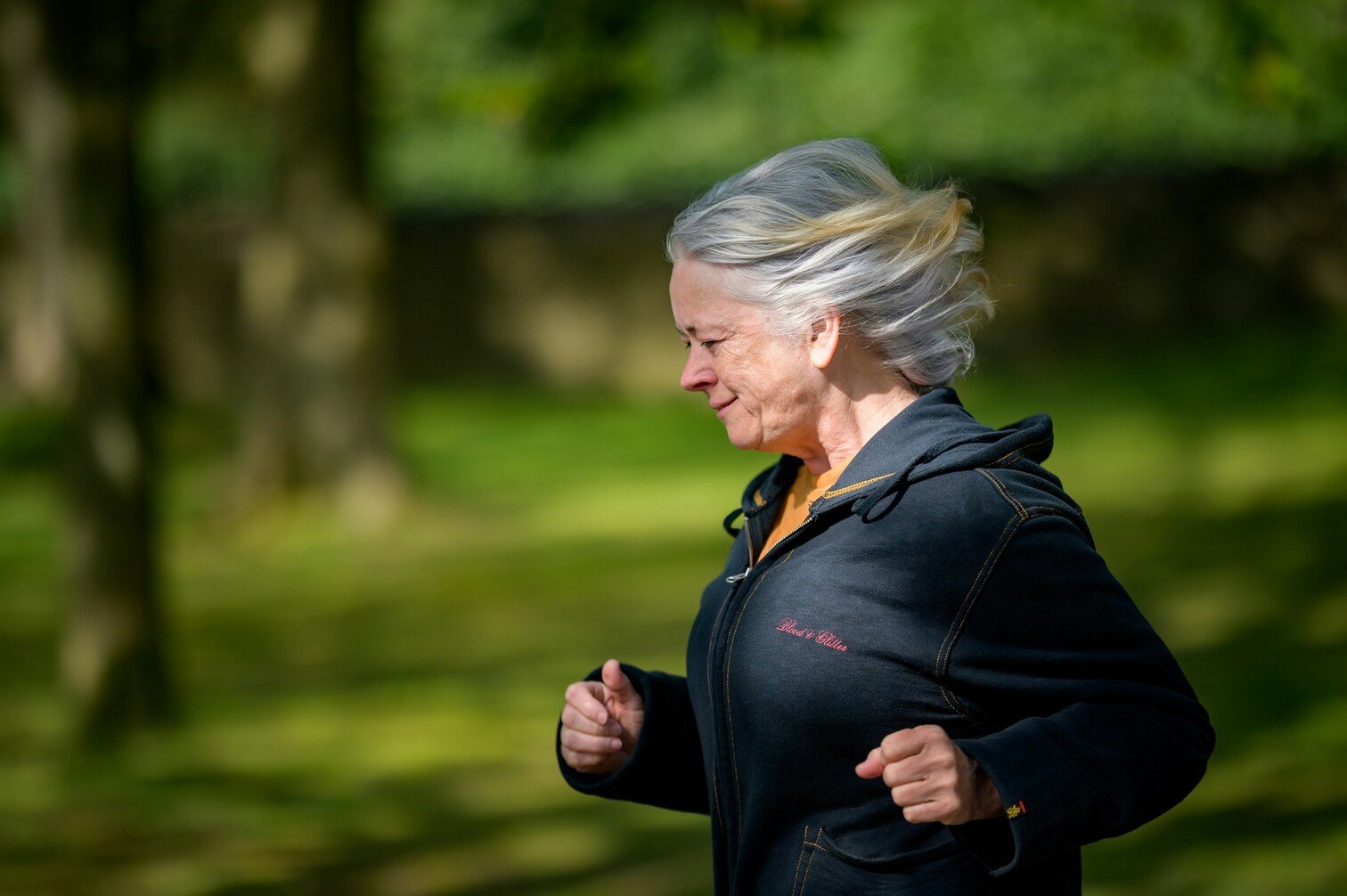However, the changes of recent years—technological, human, and cultural—require organizations to find new ways of looking at what it means to be productive. We need to stop treating productivity as synonymous with exhausting routines, long working hours, multitasking, constant busyness, and a lack of time for breaks.
As a psychologist, I often encounter people experiencing stress and work-related mental health problems. People who don’t feel supported or valued. People who struggle to concentrate and lack morning motivation for work. People who aren’t aligned with organizational policies and who miss flexibility.
These factors lead to other mental health problems such as anxiety, depression, or burnout. They create pressure, uncertainty, and even feelings of guilt. They also throw personal and professional life out of balance and undermine the performance of the other social roles people take on in their day-to-day lives.
It is therefore essential to create more balanced work environments. We need to adopt more efficient organizational practices and promote lighter, healthier work routines oriented toward real results.
Fortunately, there are companies already setting an example. Microsoft, Buffer, and Dropbox have adopted four-day workweeks, hybrid models, flexible schedules, and well-being policies. In the social sector, organizations such as Ashoka, IDEO.org, and La Bolina are also rethinking productivity with a focus on human and community impact. In Portugal, companies like Bosch Security Systems S.A. and Cascais City Council stand out for promoting flexible, healthy work environments centered on autonomy and trust.
These organizations have set aside the myths that such benefits are merely financial burdens with no return or that they encourage procrastination. The results show the opposite.
I have the opportunity (and the privilege) to work at an organization that values productivity—IRIS, the Social Innovation Incubator. An organization that sets clear objectives, communicates realistic goals, and clarifies priorities. A clean organization with an organized space that avoids distracting environments and creates dedicated periods of focus. At IRIS, 35-hour workweeks are encouraged, with an emphasis on single-tasking and minimal interruptions, and summer Friday afternoons are free (among other measures). In 2024, IRIS was recognized by the Portuguese Psychologists’ Association as a healthy workplace under the Healthy Workplaces—Healthy Workplaces Award. This award recognizes and distinguishes Portuguese organizations that promote safety and physical and psychological well-being. What a privilege it is to work in a place that looks after the mental health and quality of life of the people who make everything happen.
These examples of good practice not only increase focus, productivity, and efficiency; they also value employees’ emotional balance and promote trust and autonomy. These organizations are moving toward a more human, healthier, and more effective form of productivity.
If you want to improve your productivity, you can prioritize tasks, set clear, specific goals, and try focus techniques. In addition, you should keep your workspace organized, eliminate distractions, and take care of your energy (a good night’s sleep, healthy eating, and regular exercise make all the difference!). Within your organization, make sure you build a culture of trust and autonomy, organize processes and workflows, improve internal communication, and invest in a healthy organizational climate.
Rethinking the concept of productivity is urgent—it’s not about doing more in less time, but about doing better, with purpose, motivation, and well-being.




